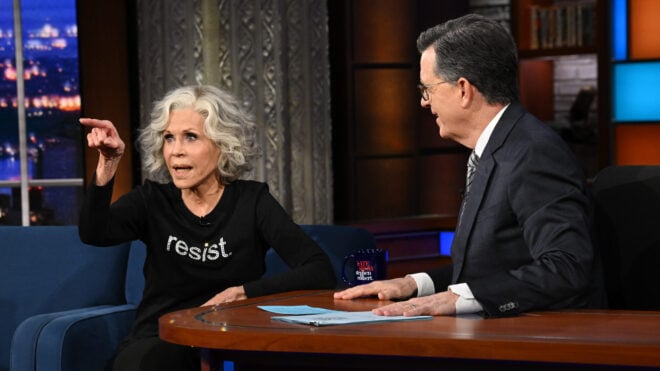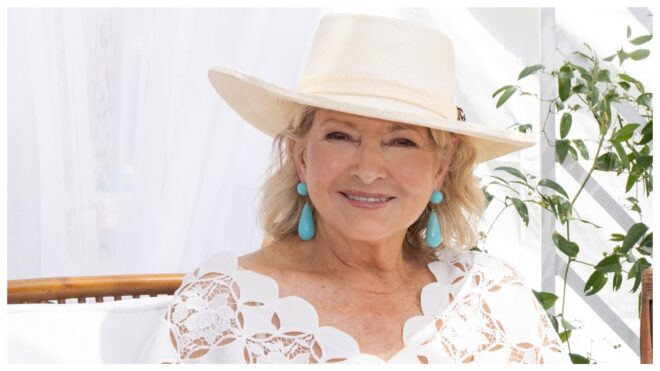
We live in a society that both celebrates and depends on monogamy for so many things. Two-parent homes — usually made up of one man and one woman — are still, by far, the societal standard. But so many people are choosing to live their lives, and to construct their relationships, very differently. And those relationships should be celebrated, too.
Take Baltimore-based photographer Jill Mills, for example. Jill is in a three-person relationship often called a "throuple." Years ago, Jill, a married mother of three, decided along with her husband, Zack, that monogamy was no longer the right fit. After a weekend away and a deep talk about what they each needed, the couple decided to open up their marriage to the possibility of other partners.
The shift, Jill says, wasn't exactly "linear," and it's definitely required hard work. But for this family of six, which is now made up of three adults and three kids, it's worth the effort.
Jill and her husband haven't always been polyamorous. But after being together for about eight years, they decided to try it. "We talked about polyamory for a couple of years and didn't start seeing other people until 2017," Jill explained to LittleThings.
After coming out as bisexual to Zack, Jill met Lindsey, whom she was interested in romantically. The two women formed a relationship. While Jill says that it's sometimes assumed that she and her husband decided to add a third party to their marriage, that's not how it worked for them. Zack and Lindsey didn't develop their own romantic relationship until later. She also feels it's an important distinction to make.
"The power dynamic there is so unethical — this married couple gets to make the rules for this otherwise unattached woman," she says. "The term for it is 'unicorn hunting,' as in it's like finding a unicorn to have a person like that."
Now the relationship exists as a throuple or triad, which Jill explains exists of separate ever-shifting "dyads." She says, "Each dyad has its own dynamic and are allowed to have the relationship that we desire at any point in time."
It might not be easy for people who are only accustomed to two-party relationships to understand, but Jill believes that polyamory makes room for a lot of the natural shifts that might break other relationships. "There are periods in my marriage that Zack and I were for all intents and purposes platonic roommates. That was true for Zack and Lindsey at times, as well. And other times we've all three been romantically involved."
As for raising kids as a throuple, Jill doesn't think it's all that tough of a concept to digest, and she certainly doesn't feel that having a three-person relationship "upended" her children's lives in any way. For them, it's just their lived experience and therefore "what they define as normal." She even considers Lindsey to be a "bonus parent."
She also feels that people are willing to normalize relationship dynamics that only fit the monogamous narrative. "People feel like divorce and stepparenthood is normal but staying in a loving relationship and adding a bonus parent is not," she said.
Polyamory certainly may not be for everyone, but it's important to understand that monogamy isn't either. That's why it's meaningful to look at relationships that are different from our own and discover what makes them work. That can empower us to have our own relationships that don't necessarily fit the society norm but meet our very individual needs.
While Jill fully embraces polyamory, she also wants people to understand that unlearning years of programming isn't easy. "All of this sounds very pretty but it is in fact very hard and stays hard — I mean, we all were taught the rules of monogamy are the one and only way to love someone. So, we're all undoing that simultaneously while trying to break those rules and love each other and raise another generation of beautiful humans."
Still, despite there being challenges, Jill wouldn't change it. "It's pretty extraordinary," she says of her family dynamic.
We'd have to agree.







